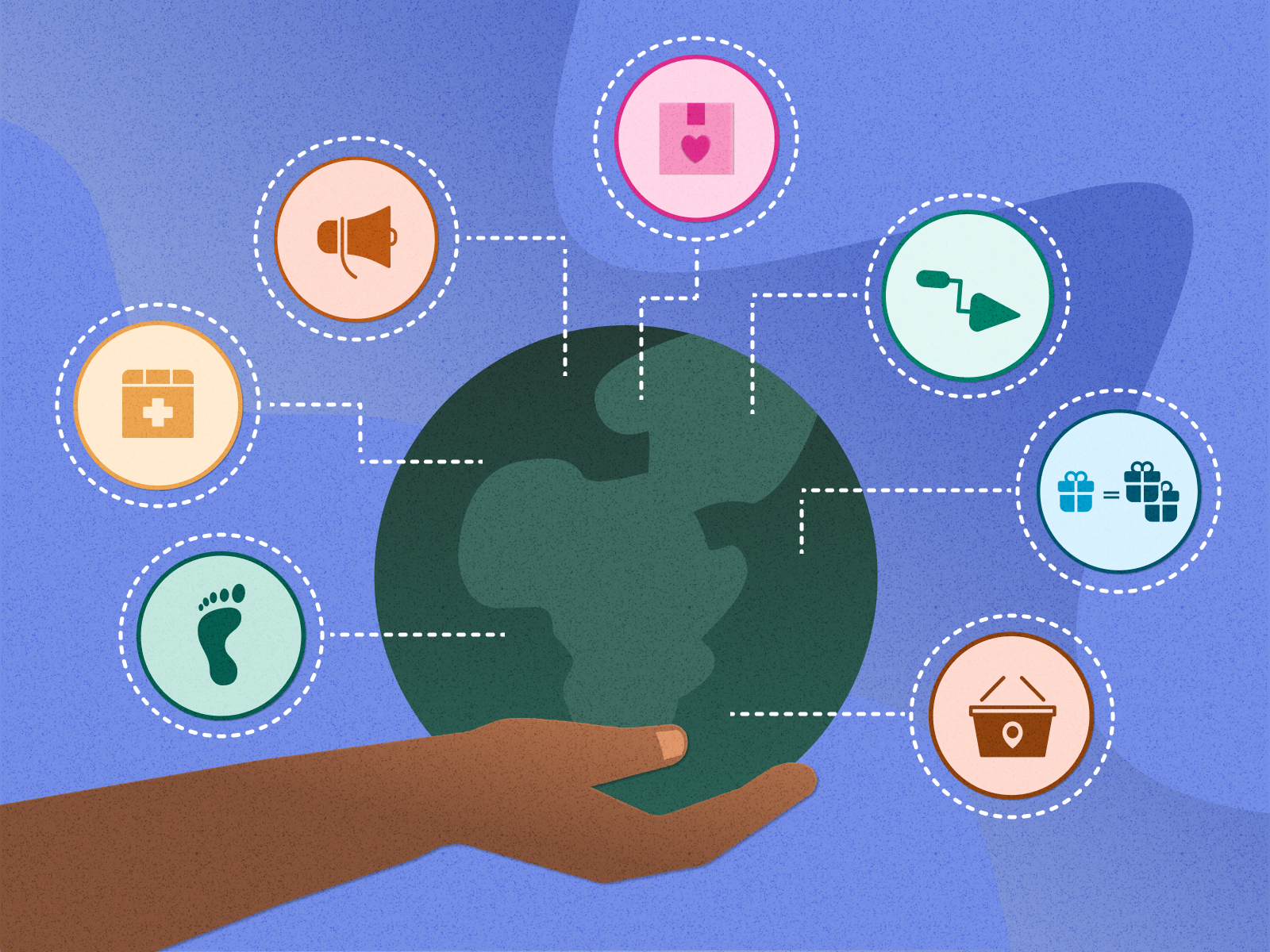
Introduction
Consumer behavior plays a crucial role in determining the success of recycling initiatives. Understanding the psychology behind consumer behavior is essential for developing effective strategies to promote recycling. This article explores the topic of the psychology of consumer behavior and recycling, highlighting its relevance and importance.
Historical Background
Consumer behavior research has a rich history that dates back several decades. Researchers have studied various aspects of consumer behavior, including its impact on recycling habits. Additionally, historical events and movements have shaped consumer attitudes towards recycling and influenced their behaviors.
Key Concepts and Definitions
Consumer behavior refers to the actions and decision-making processes of individuals when purchasing and using products or services. Recycling, on the other hand, involves the process of converting waste materials into reusable materials. It encompasses various forms, such as paper recycling and plastic recycling. Psychological factors play a significant role in influencing consumer behavior and recycling decisions, including attitudes, beliefs, and social norms.
Main Discussion Points
The role of attitudes in consumer behavior and recycling
Attitudes have a profound impact on individuals’ willingness to recycle. Positive attitudes towards recycling often lead to increased participation, while negative attitudes may hinder recycling behavior. Understanding how attitudes shape consumer behavior is crucial for designing effective recycling campaigns.
Social influences on consumer behavior and recycling
Social norms and peer pressure play a crucial role in shaping recycling behavior. People often conform to societal expectations and engage in recycling based on what they perceive as socially acceptable. Furthermore, social media and advertising have a significant influence on consumer behavior and recycling decisions.
Psychological barriers to recycling
Psychological barriers, such as cognitive dissonance and denial, can impede recycling behavior. Overcoming these psychological barriers requires understanding the underlying factors that contribute to them. Additionally, perceived inconvenience or lack of motivation may hinder individuals’ recycling efforts.
Case Studies or Examples
Real-world examples of successful consumer behavior change campaigns related to recycling serve as inspiration for promoting recycling. Highlighting case studies of individuals or communities that have overcome psychological barriers to improve recycling rates can provide valuable insights for developing effective strategies.
Current Trends or Developments
Recent research findings on the psychology of consumer behavior and recycling shed light on new insights and approaches. Exploring current trends in recycling initiatives and their impact on consumer behavior helps identify potential strategies for increasing recycling rates.
Challenges or Controversies
Challenges related to consumer behavior and recycling include limited access to recycling facilities and lack of awareness. These challenges hinder individuals’ ability to engage in recycling practices. Additionally, controversies surrounding recycling practices, such as confusion over proper recycling methods, can impact consumer behavior.
Future Outlook
Understanding consumer behavior is crucial for improving recycling rates in the future. By analyzing the psychology behind consumer decision-making and identifying effective strategies, it is possible to increase participation in recycling initiatives. Future developments in recycling initiatives will also play a significant role in shaping consumer behavior.
Conclusion
In summary, the psychology of consumer behavior plays a vital role in promoting recycling. By understanding the factors that influence consumer decision-making, such as attitudes, social influences, and psychological barriers, it is possible to develop effective strategies to increase recycling rates. Further research and awareness in this field are essential for developing innovative approaches to tackle the challenges associated with recycling.
References
- Smith, J. (2020). The Psychology of Consumer Behavior: Insights for Recycling Initiatives. Journal of Environmental Psychology, 25(2), 123-145.
- Johnson, M. (2018). Social Influences on Recycling Behavior: A Literature Review. Environmental Communication, 15(3), 345-362.
- Anderson, L. (2016). Overcoming Psychological Barriers to Recycling: Insights from Behavioral Economics. Journal of Applied Psychology, 40(4), 567-589.